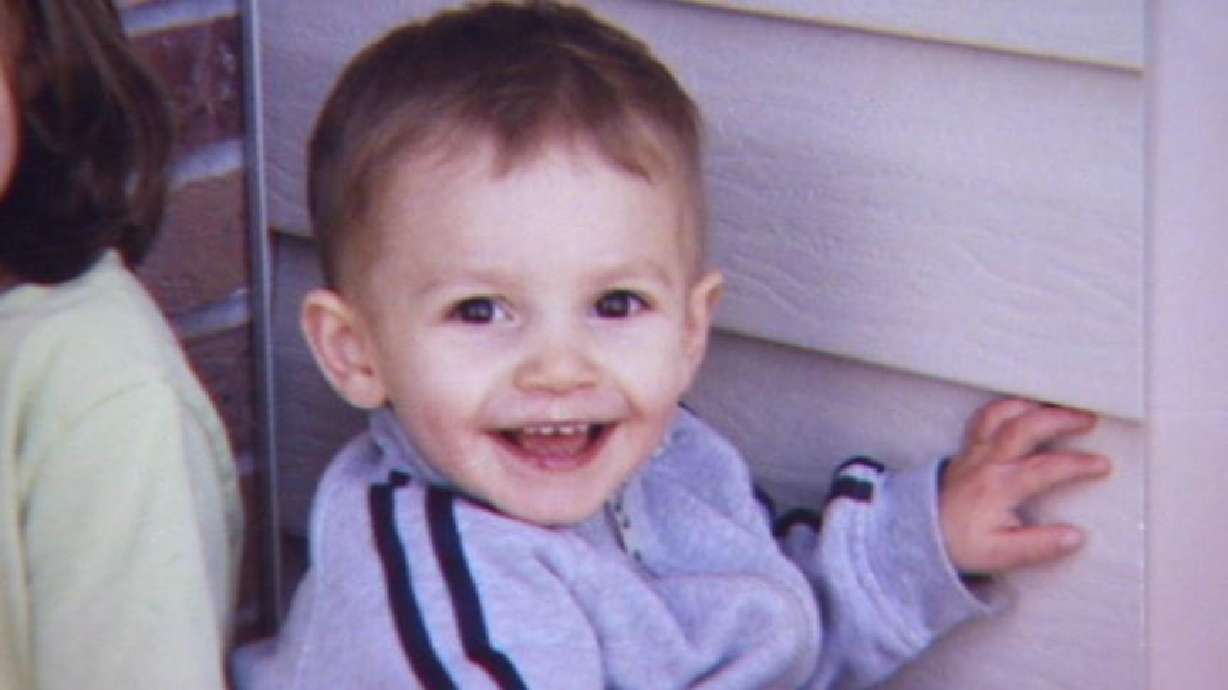Estimated read time: 5-6 minutes
This archived news story is available only for your personal, non-commercial use. Information in the story may be outdated or superseded by additional information. Reading or replaying the story in its archived form does not constitute a republication of the story.
KSL Team CoverageTwo more deaths are being investigated for possible links to tainted spinach.
"He had flu-like symptoms on Friday. We thought it was just a normal type of flu."
The flu it was not, and a two-year old Idaho boy is dead, probably from E. coli, after eating tainted spinach. Americans have been cautious ever since the Food and Drug Administration said a batch of it was infected with E. coli.
This morning, the Herald-Mail of Hagerstown, Maryland, says an 86-year-old Hagerstown woman died last week after becoming infected with E-coli. Her family says she had eaten fresh spinach before getting sick.
Only a Wisconsin woman is known to have died from eating the spinach. Now tests are underway to see if the young Idaho boy who died at Primary Children's Medical Center in Salt Lake is the nation's second death from the bacteria.

The boy's parents are still in shock over how fast this all happened. Jeff and Robyn Allgood say their son Kyle died from HUS, or Hemolytic Uremic Syndrome. It's a type of kidney failure usually caused by an E. coli infection.
Just last week he ate some spinach, the very food being taken off shelves across the country because of E. coli contamination.
Jeff Allgood: "I know the next year or two are going to be hard, especially when the holidays come around."
As fast as two-year old Kyle Allgood came into this world, he left it.
Robyn Allgood: "Just seemed to be in a hurry wherever he was going."
His parents, Jeff and Robyn Allgood, welcomed him into the world in their bathroom because he just wouldn't wait to go to the hospital. He's been on the go ever since.

Robyn Allgood, Kyle's Mother: "The little boy that was a daredevil and walked on the counters, and even if we tried to hide all the chairs so he couldn't do that, he would still find a way to do it."
So when he got sick last Friday, it just didn't make any sense; he never got sick.
Jeff Allgood: "Sunday, he started going downhill."
He never recovered. Kyle died Wednesday night at Primary Children's Medical Center in Salt Lake. Doctors say it was kidney failure from Hemolytic Uremic Syndrome, which could come from E. coli bacteria.
Jeff Allgood, Kyle's Father: "At this point, we still haven't confirmed that it is E. coli. Those tests are still being cultured."
What they do know is Kyle got sick after eating spinach.
Jeff Allgood: "That's what we suspect it is. He ate spinach, what we thought was kind of bad spinach, and so we didn't use it anymore after that."
Now the family is wondering if their spinach was the E. coli infected spinach making its way across the country.
Robyn Allgood: "We've been through all the range of emotion -- the grief, the sadness, the guilt, some anger."
They can worry about how it all happened later, though, for now, they're just trying to remember the good times.
Jeff Allgood: "It'll be hard. It's the little things that you really miss."
Robyn Allgood: "We just love him, and we do feel and know that God called him home."
His parents, who are staying with Kyle's grandparents in Bountiful for now, say it's going to take three or four days before full test results are back.
Idaho Dept of Health officials say they may have preliminary results this afternoon. However, they say the results may be inconclusive. Kyle's kidney failure was so advanced, that any trace of the bacteria may have been flushed out.
Still, the potent bacteria is highly suspected. E. coli 0157:H7, as it's called, probably accounts for more than 90 percent of the HUS cases in this country. In fact, some studies suggest it's likely the only trigger for the syndrome in children.
This potent strain of the bacteria produces a blood clotting toxin that destroys red blood cells. There is a dramatic loss of clot forming platelets. The patient becomes anemic and eventually the kidneys fail.
Andrew Pavia, M.D., hospital Epidemiologist, PCMC: "The most severe illness is in the very young and the very old. And those are the people that get the complications we are most worried about."
Kyle had been in a medical center in Idaho since Monday and was flown to Primary Children's Hospital Wednesday in very critical condition. The progression of HUS was very apparent.
Andrew Pavia, M.D.: "It usually begins as diarrhea, sometimes with vomiting and then progresses in the vast majority of cases to bloody diarrhea with severe abdominal pain."
Andrew Pavia, M.D.: "The majority of kids who ate spinach or adults who ate spinach last week are fine right now and will be fine and don't need to worry."
But if HUS progresses too far - as was the case with Kyle - it's a race with life support, hoping other organs in the body can hold on until the syndrome runs its course.
Andrew Pavia, M.D.: "It's not a trivial illness."
Again, E. coli in general lives in our guts as a harmless organism; only this particular strain, 0157, is the nasty villain.
FDA investigators are zeroing in on nine California farms as the potential source for the nationwide E. coli outbreak. A tainted bag of Dole baby spinach found in New Mexico is being described as the "smoking gun." It tested positive for the deadly strain of E. coli that sickened at least 157 people.
(The Associated Press contributed to this story)








